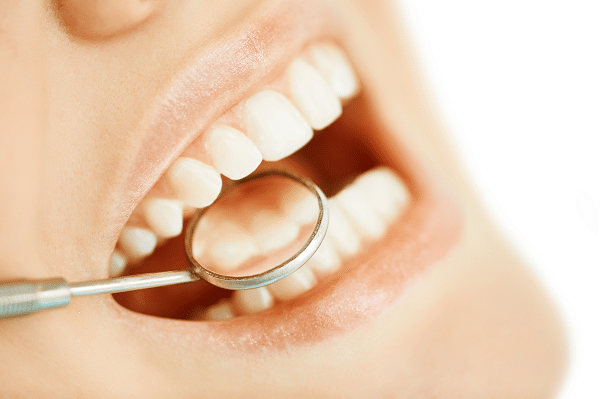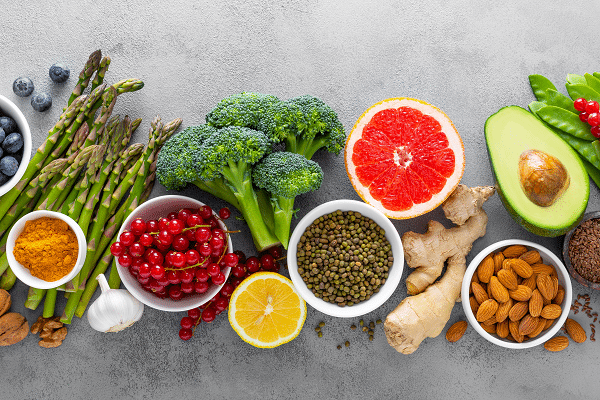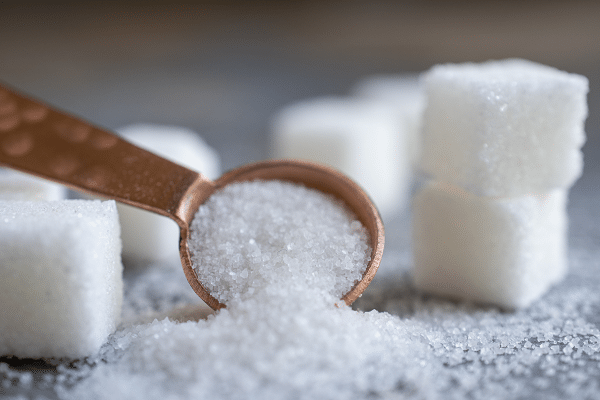Oral health, often taken for granted, is a crucial aspect of overall well-being, impacting your smile and your ability to eat, speak, and express emotions. Various oral health issues can interfere with everyday life, from cavities to gum disease and even bad breath. Yet, many of these issues are preventable, largely through the choices you make regarding your diet. This article will delve into the role of diet in oral health, illustrating how what you eat can either nurture your dental well-being or contribute to oral health issues, including undesirable breath.
Contents
- 1 Understanding The Basics Of Oral Health
- 2 The Role Of Nutrition In Oral Health
- 3 Specific Foods And Their Effects On Oral Health
- 4 The Impact Of Healthy Foods On Oral Health
- 5 Hydration And Its Effect On Oral Health And Breath
- 6 The Connection Between Diet And Bad Breath
- 7 Tips For Optimizing Your Diet For Better Oral Health
- 8 How Oral Hygiene Complements A Good Diet
- 9 The Bottom Line
Understanding The Basics Of Oral Health

Oral health encompasses everything from teeth and gum health to fresh breath. It’s not just about having a bright smile; oral health is vital to overall health. Many factors can influence oral health, including hygiene practices, genetics, lifestyle, and diet.
Your diet plays an integral part in maintaining oral health. The types of food and drinks you consume can contribute to tooth decay, gum diseases, or bad breath. On the other hand, certain nutrients derived from your diet help protect you against these conditions, highlighting the critical role nutrition plays in oral health.
The Role Of Nutrition In Oral Health

Nutrition significantly affects oral health. A well-balanced diet that includes all necessary vitamins and minerals can help maintain the integrity of the teeth and gums. Conversely, deficiencies in certain nutrients may contribute to oral health problems. For example, a lack of vitamin C can lead to gum diseases, and calcium deficiency can impact the strength of the teeth.
In addition to ensuring a balance of vital nutrients, it’s important to understand that your diet can alter the environment within your mouth, influencing the likelihood of developing oral health issues. For instance, consuming high-sugar or acidic foods and drinks can encourage the growth of harmful oral bacteria, leading to tooth decay and gum disease.
Specific Foods And Their Effects On Oral Health

Your diet is a double-edged sword when it comes to oral health. Certain types of food and drink can be particularly harmful. Sugars and refined carbohydrates, for instance, are known culprits behind tooth decay and cavities. The bacteria in the mouth feed on these sugars, creating an acid that attacks tooth enamel, leading to cavities.
Likewise, foods high in acid, such as citrus fruits or vinegary pickles, can erode tooth enamel if consumed in excess. Alcohol, too, can pose oral health issues by causing dry mouth, which can lead to gum disease and tooth decay. Understanding these effects empowers you to make healthier choices for your oral health.
The Impact Of Healthy Foods On Oral Health

While some foods threaten oral health, others can have significant benefits. For instance, dairy products like milk, cheese, and yogurt are rich in calcium and phosphorus, minerals essential for maintaining strong teeth. These foods can help remineralize teeth, thus fighting tooth decay.
Fruits and vegetables, particularly crunchy ones like apples and carrots, also aid in maintaining good oral health. Their crunchiness helps clean the teeth by removing plaque and food particles, acting as a natural toothbrush. Plus, they stimulate saliva production, which naturally washes away food residues and buffers the acids produced by oral bacteria.
Hydration And Its Effect On Oral Health And Breath

Proper hydration is often overlooked when discussing oral health, yet it plays a pivotal role. Water helps maintain saliva production, a critical element in the fight against tooth decay and gum disease. The mouth may dry without adequate hydration, leading to an increased risk of cavities and bad breath.
Drinking water also helps cleanse the mouth by rinsing away food particles and diluting acids produced by oral bacteria. It’s the best drink for maintaining oral health, unlike sugary beverages that can contribute to tooth decay. Therefore, staying well-hydrated is essential for good oral health and fresh breath.
The Connection Between Diet And Bad Breath

Bad breath, or halitosis, can be a sensitive topic but is an important part of the discussion around oral health. Certain foods are notorious for causing bad breath, including onions, garlic, and certain spices. However, it’s not just about the obvious offenders. The overall quality of one’s diet can significantly influence chronic bad breath.
A diet high in sugar can feed the bacteria that produce foul-smelling sulfur compounds. Similarly, a high-protein diet can lead to bad breath if carbohydrate intake is too low, causing the body to enter a state of ketosis and produce bad breath. These examples highlight the importance of a balanced diet for maintaining fresh breath.
Tips For Optimizing Your Diet For Better Oral Health

With the understanding that diet significantly affects oral health, you can make conscious choices to promote healthier teeth and gums. This includes reducing the consumption of sugary and acidic foods, as they can harm oral health. Instead, one should focus on nutrient-rich foods that provide oral health vitamins and minerals.
Additionally, the timing and frequency of meals can influence oral health. Regular meals help stimulate saliva production, which aids in maintaining a healthy oral environment. Incorporating healthy snacking habits, such as reaching for crunchy fruits and vegetables, can also benefit oral health.
How Oral Hygiene Complements A Good Diet

In addition to a balanced diet, maintaining a diligent oral hygiene routine is crucial for oral health. Brushing twice daily and regular flossing help remove food particles and plaque that can lead to cavities and gum disease. It’s equally important to schedule regular dental check-ups for professional cleanings and early detection of potential issues.
While diet plays a significant role, it’s only one piece of the oral health puzzle. It works best in conjunction with other good oral hygiene practices. Thus, the journey to better oral health is a multi-pronged approach, with diet and hygiene as two critical components.
The Bottom Line
In conclusion, your diet greatly influences oral health and breath freshness. Youur choices regarding what you eat and drink can contribute to oral health issues or foster a healthy oral environment. By understanding the impact of diet on oral health, you can make informed decisions, nurturing your oral health and overall well-being. Ultimately, the key lies in a balanced diet, good oral hygiene, and regular dental check-ups. In the pursuit of a radiant smile and fresh breath, every bite, every sip, and every brush stroke counts.


